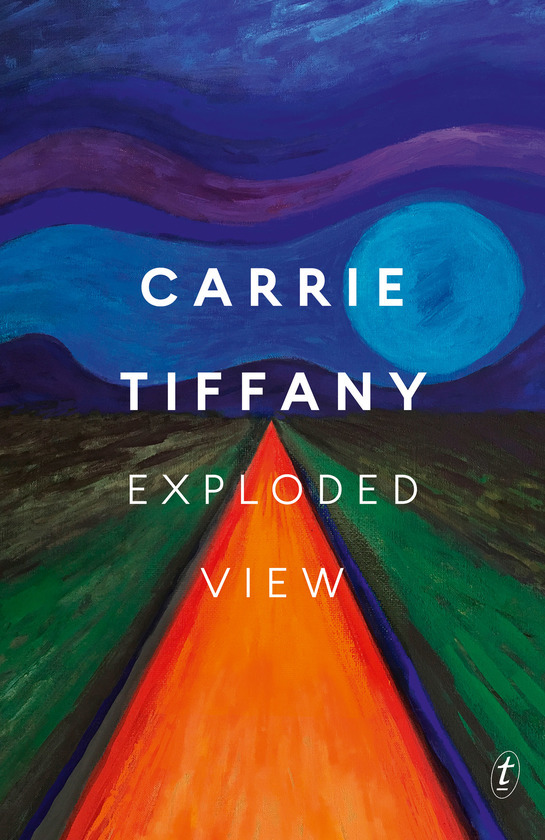What do you think?
Rate this book


192 pages, Hardcover
First published January 1, 2019
My door, I know, will be opened. Because of the trip there's a gap and time must be made up for. Because of the trip father man experienced losses and now it's time to pay. It's urgent like I've seen a dog is, or a horse or a bull.
An exploded view is to show the spaces between the parts and how they fit together.
In any machine the smallest part is often where the break occurs.
It's a choice to hurt yourself before someone else gets the chance.
Father man has taken my chance to tell all of the parts of my story. There will always be this part that can never be told.
I am brown-haired. There's only so much yellow hair to go around and people miss out. If you are yellow you have a yellow name like Jodie or Denise and you have to wear shorts. If everyone was yellow it wouldn't be so special and men would take another colour and make it the best for themselves.
There are many happy times in my family. The happiest time is when my mother loses a contact lens. She calls us to her and we drop to our knees and pat the floor at her feet.
I wind my window down, let the warm insect air hit my face. The view behind us is long now, so long it loops back on itself like the toffee they stretch in the caravans at the royal show.
Some of the bowls ladies have blue hair, some have lilac hair, but most have white hair. It must be nice to stand on the green carpet grass but I wouldn't want to wear pantyhose or put my hands around the cold black ball. Some of the ladies might be sisters. Even when they are old, sisters can be next to each other. It doesn't seem like a sad life.